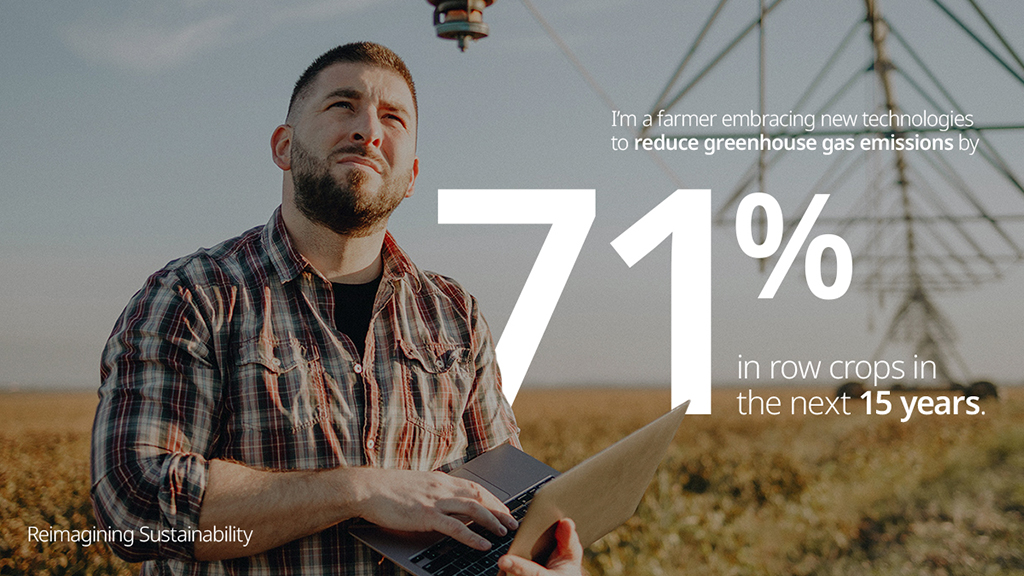
Please fill in the details below:
Thank you for getting in touch with us.
We will get back to you shortly.

As the impacts of climate change becomes more severe across the globe, and as population growth continues to soar, it is important that farmers can access and embrace the growing number of efficacious technologies so they can produce healthy, resilient, and sustainable crops. Some studies suggest that if farmers were to incorporate a combination of innovations in digital agriculture, there would be a 71% reduction in greenhouse gas emissions in row crops within the next 15 years. Embracing new technologies is so important that some studies suggest without adopting new agri-technology, net zero farming policies could fail.
Agriculture is uniquely positioned to be an important tool in the transition to net zero. Whilst often characterised as a significant contributor of GHG emissions and part of the climate change problem, it is also a key part of the solution. Agriculture can be used as a natural carbon sink, drawing carbon from the atmosphere and storing it within plants and soils. Techniques for carbon farming include good agricultural practices that reduce soil disturbance, build soil health, and protect water and nutrient resources to enhance soil’s carbon sequestration potential. They principally involve crop diversification, no-till practices, development of carbon-fixing bacteria, cover crops, organic fertilisers, and improved water efficiency.
At UPL, we’re investing in innovation, including in start-ups. The UPL Radicle Carbon & Soil Challenge is our partnership with Radicle Growth to provide a platform for trailblazing entrepreneurs who share our vision to establish a climate-positive agricultural system through decarbonisation using new and innovative technologies. In 2022, over 150 start-ups applied from across 40 countries, seeking UPL’s investment and support to scale up innovative agricultural technologies with the winners, Pluton Biosciences, receiving a US$1 million investment.
Our Gigaton Carbon Goal commitment to sequester a gigaton of carbon in agricultural soils by 2040, also takes an innovative and technology assisted approach to soil-carbon sequestration. For each country and each crop, our Gigaton Carbon Goal brings together a new ecosystem of technologies, interventions, research institutions, and financial products to incentivise, empower and reward individual farmers for their efforts to capture carbon.
Nonetheless, farmers have faced a number of challenges when adopting new technologies. In particular, smallholder farmers have faced difficulty gaining access to knowledge and credit to make it viable for them to adopt new technologies. At UPL, we work with smallholders farmers across the globe to ensure they have access to knowledge and finance, helping them to properly embrace modern technologies which will help position agriculture as a tool for achieving net zero.
UPL Agricultural Heroes in action – Embracing new technologies
Farmers Weekly - Net-zero farming 'impossible' without agri-tech investment
Proceedings of the National Academy of Sciences - Novel technologies for emission reduction complement conservation agriculture to achieve negative emissions from row-crop production
Public Policy Projects - Innovation in the food supply chain: Unlocking AgriTech for net zero
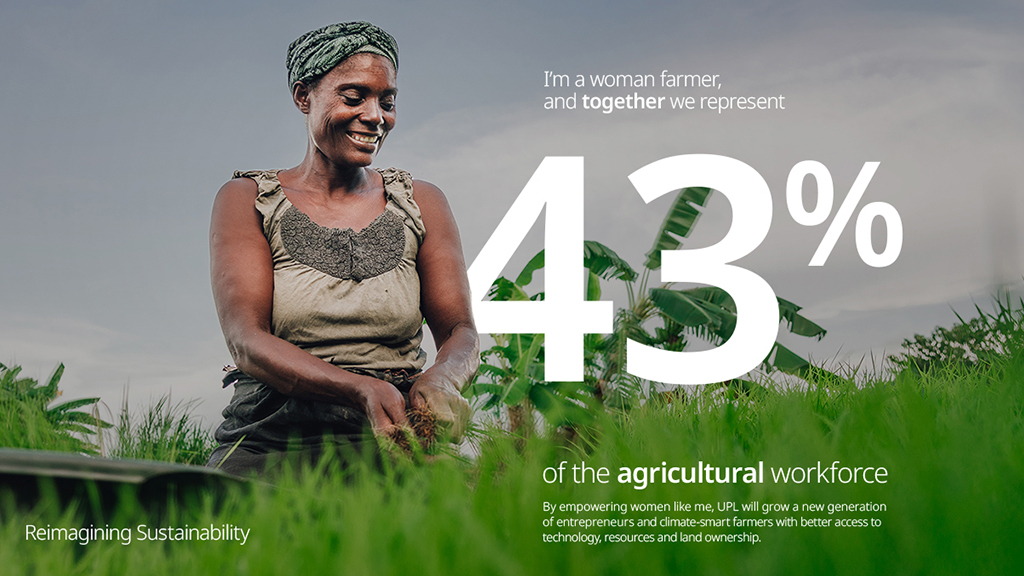
Women play vital roles across agricultural systems. Throughout history, farming has primarily been a family activity which has relied on women to support the production of crops for good health and livelihoods.
Read more
As the impacts of climate change becomes more severe across the globe, and as population growth continues to soar, it is important that farmers can access and embrace the growing number of efficacious technologies so they can produce healthy, resilient, and sustainable crops.
Read more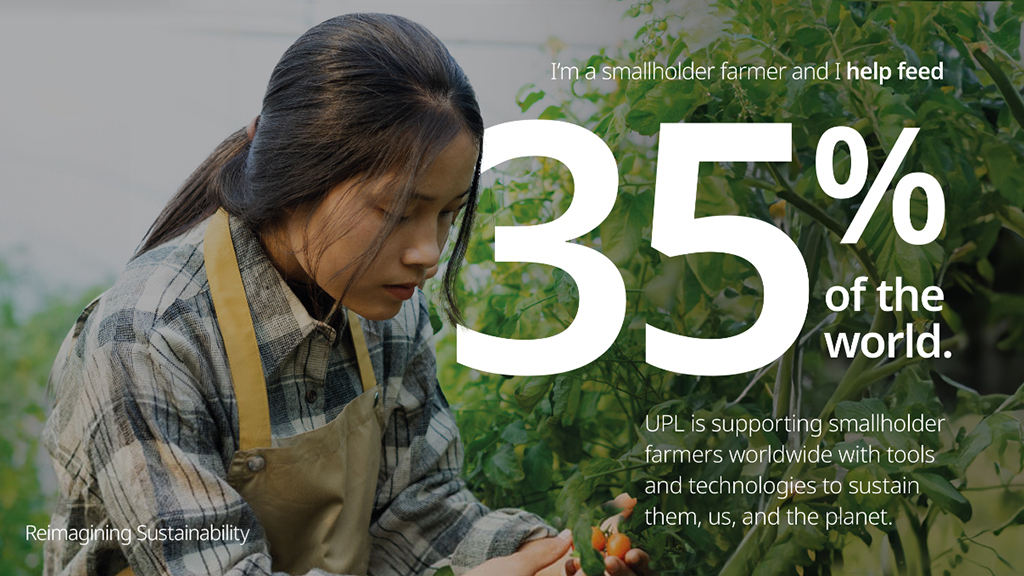
There are over 608 million farms worldwide, with more than 90% classified as family farms. These farms, often operated by individuals or families and heavily reliant on family labor, occupy approximately 70-80% of global farmland.
Read more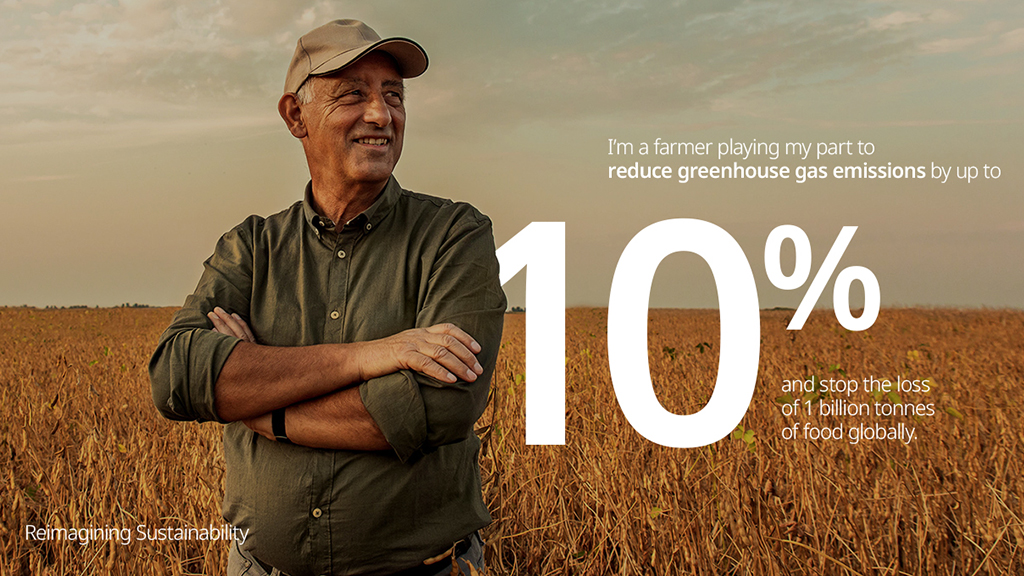
Did you know that one-third of all global food goes to waste? Food that’s a result of seeds that farmers have carefully sown, crops that have been lovingly watered and protected, and delicious fruits and vegetables that have been harvested and transported to consumers across the world.
Read more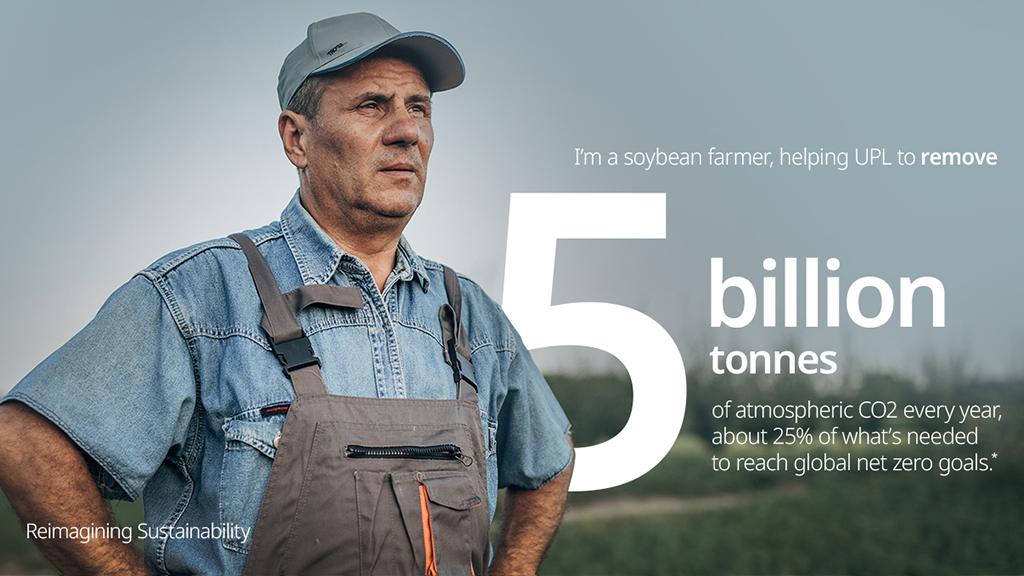
Did you know that soils hold more than three times as much carbon than the atmosphere? Carbon Sequestration, the removal of Carbon Dioxide (CO2) from the atmosphere, is one of the most significant and scalable tools we have at our disposal to reach net zero.
Read more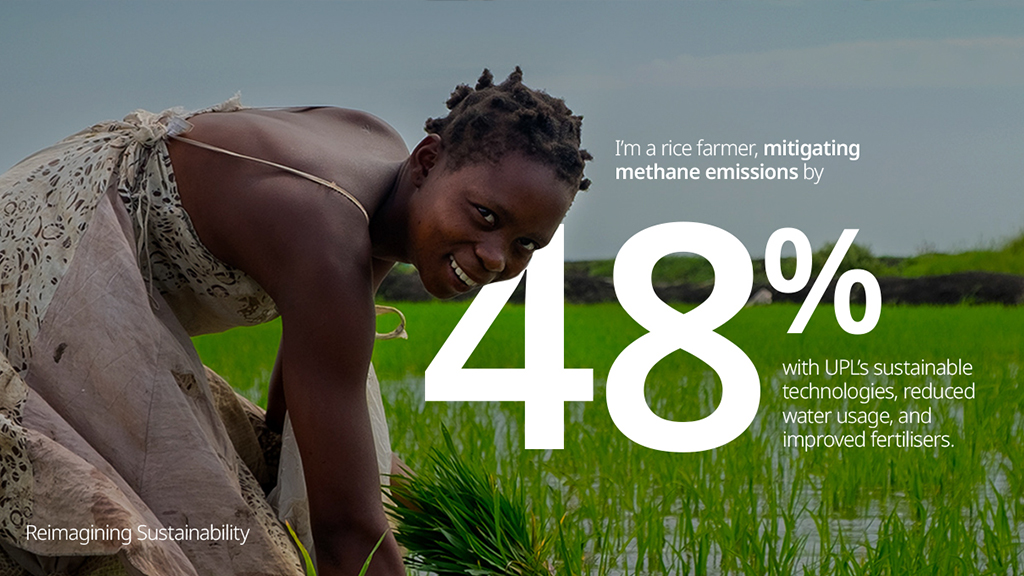
Half of the world’s population rely on rice as a daily staple, making paddy rice production a vital component of global food security
Read more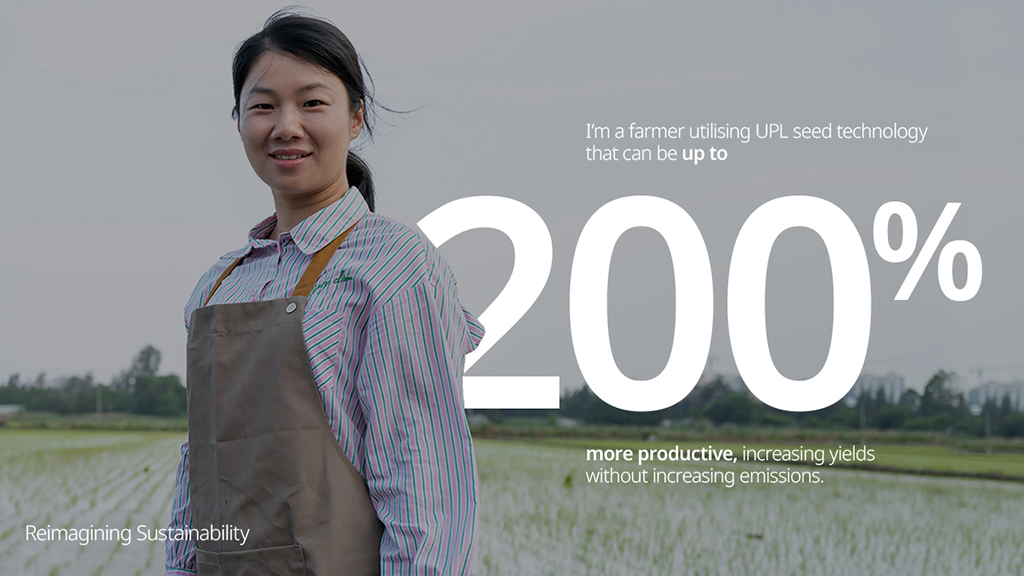
Agriculture must be part of any solution if we are to reach net zero without compromising other important issues such as food security and socio-economic development.
Read more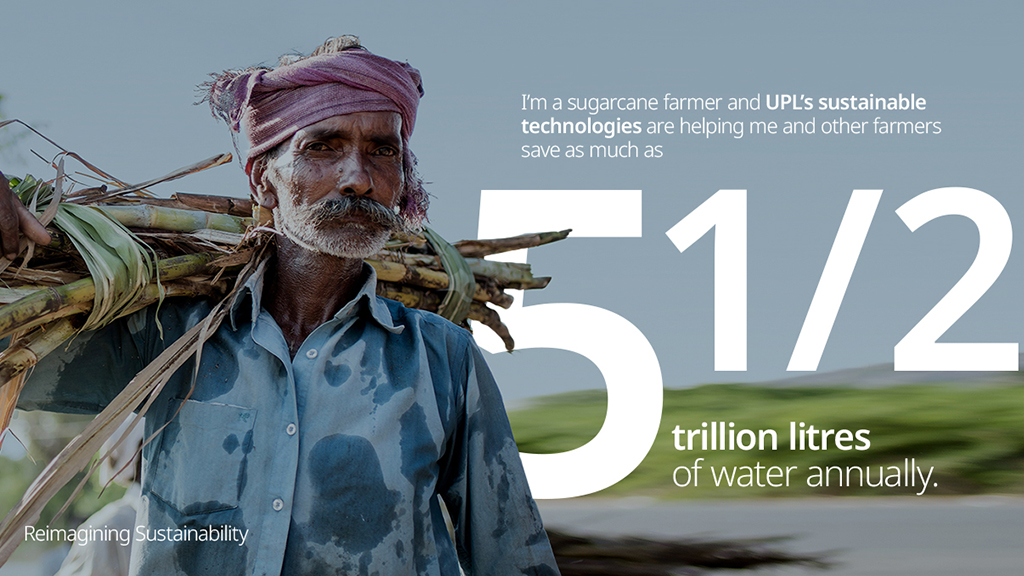
The impacts of climate change are deeply intwined with the utility, efficiency, and conservation, of water. Water is a critical input for agricultural production and plays an important role in food security.
Read moreDISCLAIMER
“UPL and its subsidiaries have made every attempt to ensure accuracy of the information provided on this website. However, this is a global webpage with access to different geographies for wider reach and greater awareness of UPL. In the course of doing the same, UPL has used Weglot translator plugin to cover the language of this website from English to select regional languages.
UPL therefore, does not accept any responsibility or liability on the nature, standard or the accuracy of the translation and cannot take responsibility for any type of inaccurate contextual meaning in the event of a mismatch from English to a regional language.”
Use of Cookie
This website uses cookies to improve security, performance and better understand how users navigate the website. This is done so that we can make improvements to our site for future users. Access our Privacy Policy so that you are aware of and agree with it.